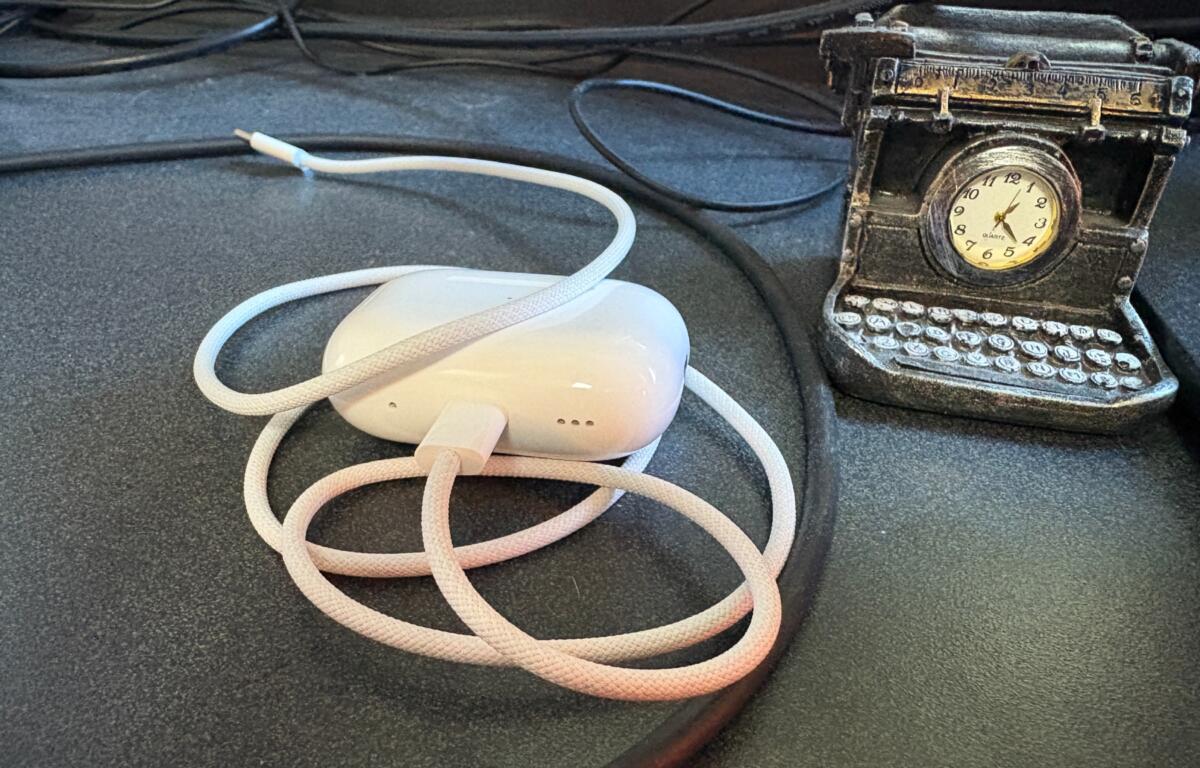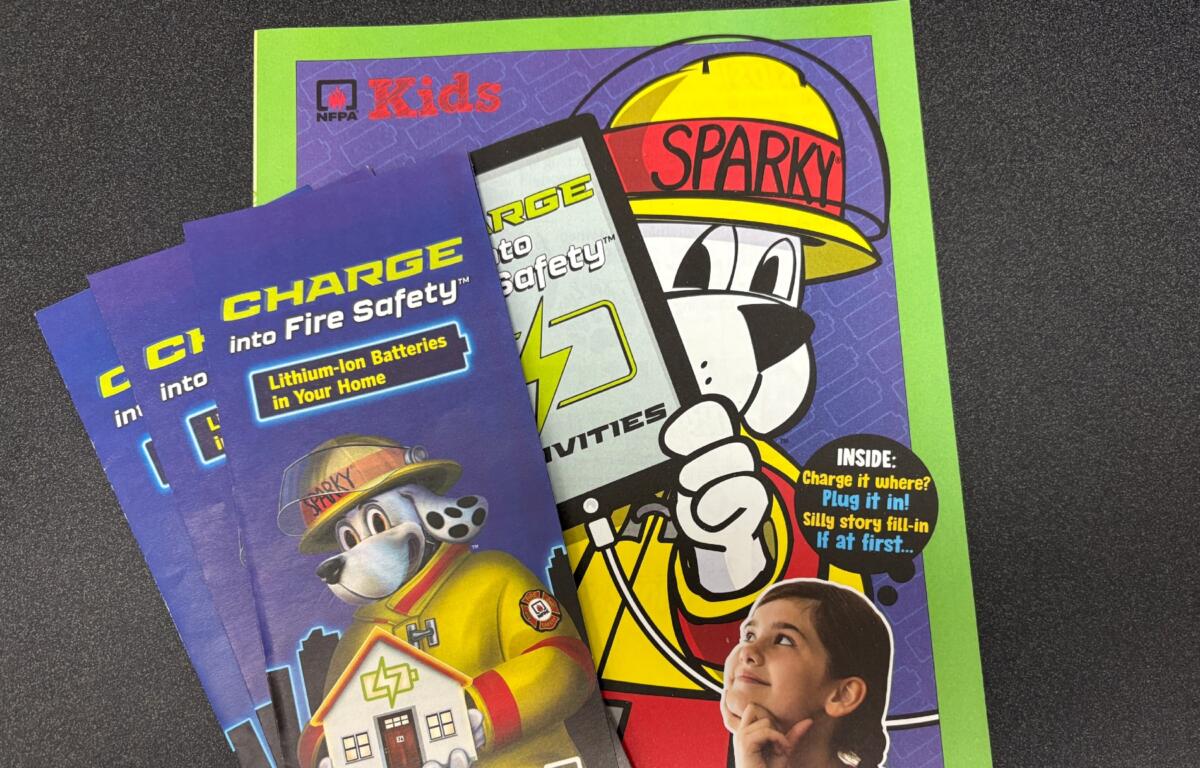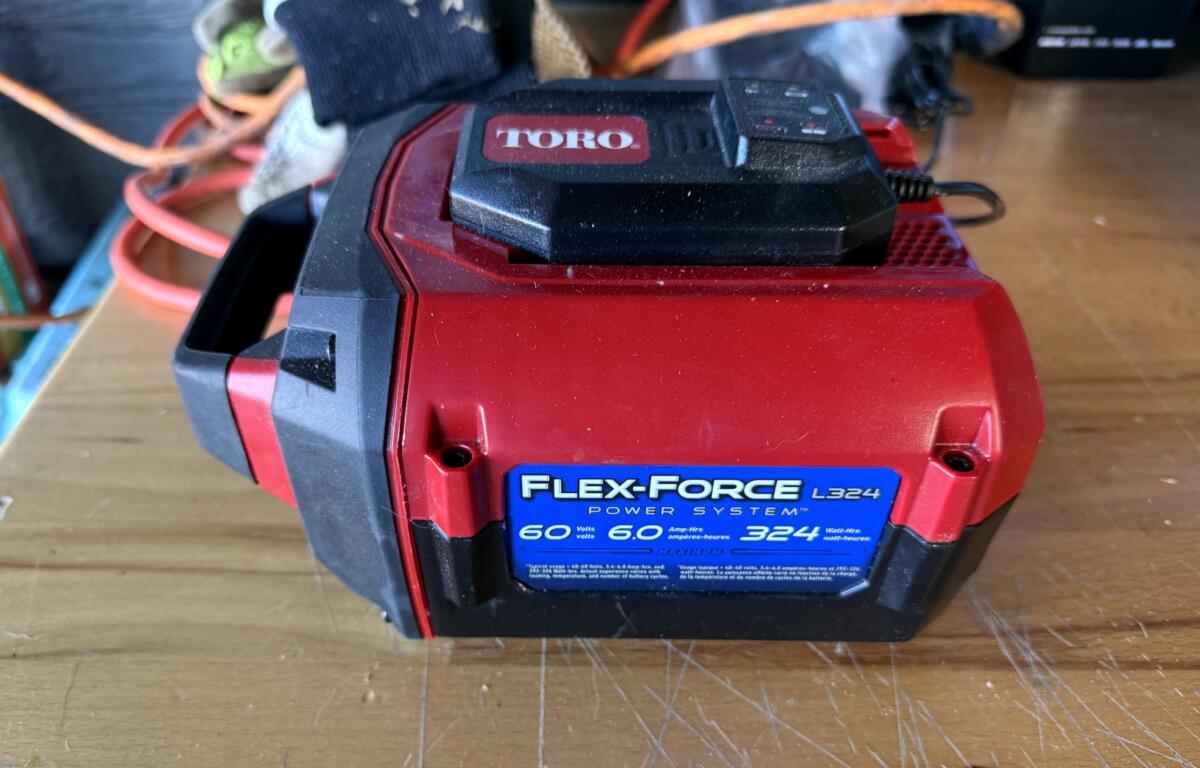WOODFIN, N.C. (828newsNOW) — It can happen in an instant: a dog chews on a TV remote or an electric scooter sparks on a garage floor — and suddenly, a small battery ignites a potentially dangerous fire.
For Jeremy Brooks, fire and life safety educator with the Asheville Fire Department, incidents like this are becoming part of a new reality for firefighters. Lithium-ion batteries — the power behind everything from e-bikes and scooters to power tools and cellphones — are now household staples, but they come with hidden risks.
“These batteries are in everything now,” Brooks said. “Once a battery is punctured or damaged, it can heat up and ignite, and that fire can be incredibly difficult to control.”

The danger lies in a phenomenon called thermal runaway, in which one overheating battery cell triggers a chain reaction in connected cells. In small gadgets, this can produce clouds of smoke and sparks; in electric vehicles, it can require tens of thousands of gallons of water to extenguish. Even after firefighters leave the scene, a damaged EV battery can flare up again.
“For smaller devices, we use specialized metal containers lined with fire-suppressing material,” Brooks said. “Once sealed, the battery burns safely, then gets sent for proper recycling.”

Prevention is key, he said. Residents should always use the chargers provided by the manufacturer, unplug devices when not in use and avoid charging them on couches, beds or other flammable surfaces. Misuse — cheap chargers, overcharging or water damage — is often the spark behind fires.
“Use your devices as intended,” Brooks said. “Check your smoke alarms, make sure your extinguishers work and call 911 at the first sign of trouble. These fires are unpredictable, but simple precautions can keep them from becoming disasters.”

From tiny battery packs in a teenager’s dorm room to the massive battery of an electric car on the interstate, the world is increasingly powered by lithium-ion.
But Brooks said it’s not only in lithium batteries.
It’s just misuse of everything, anything,” he said. “Use everything the way it’s supposed to be used. And don’t borrow someone else’s charger. They may look the same, but they’re not. They could charge the different amps and voltages.”
And dispose of those batteries properly. The Buncombe County landfill and transfer station has drop-off points, as do many stores.


